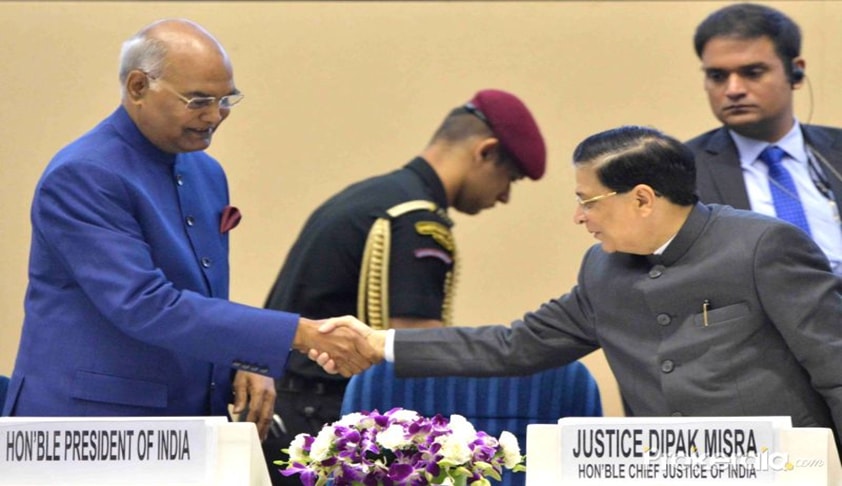Judiciary Doesn’t Intend To Enter Into Policy-Making Process: CJI Dipak Misra
Prabhati Nayak Mishra
25 Nov 2017 7:09 PM IST

Next Story
25 Nov 2017 7:09 PM IST
Defending the judiciary’s role guaranteed under the Constitution, Chief Justice of India Dipak Misra on Saturday said the judiciary does not intend to enter into the policy-making areas, but interprets the policies made by executive.The CJI also said the court is obliged to stand by the citizens, if their fundamental rights are encroached by any of the government entities while terming...
